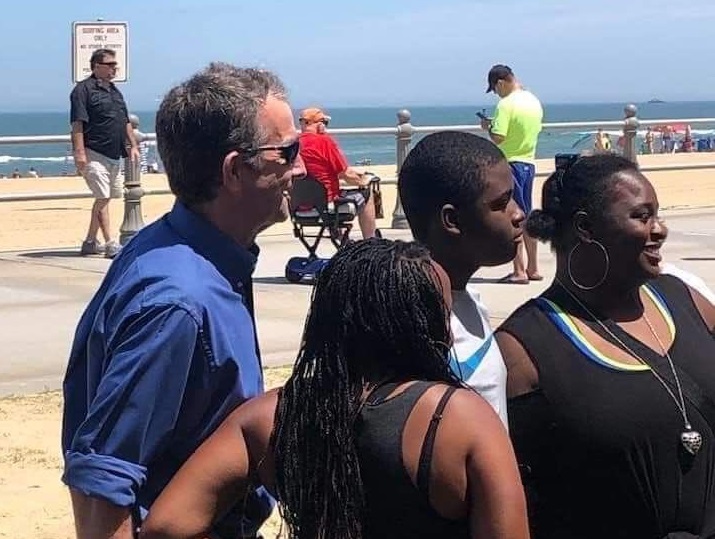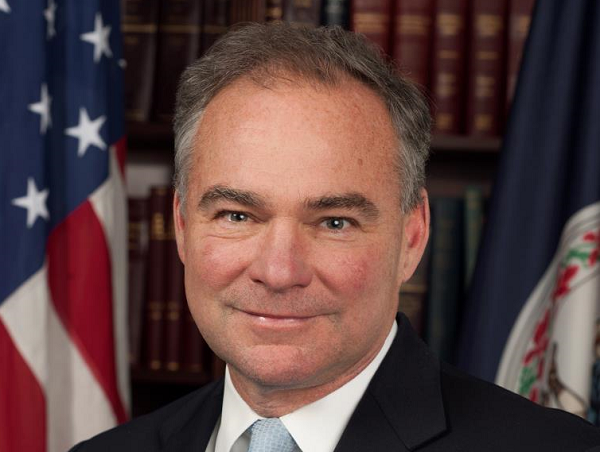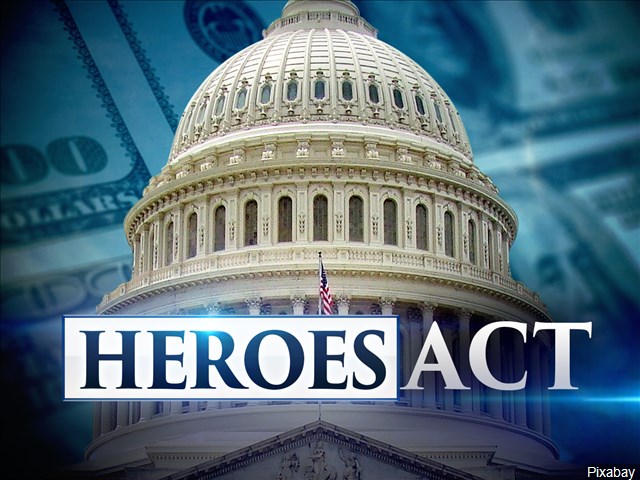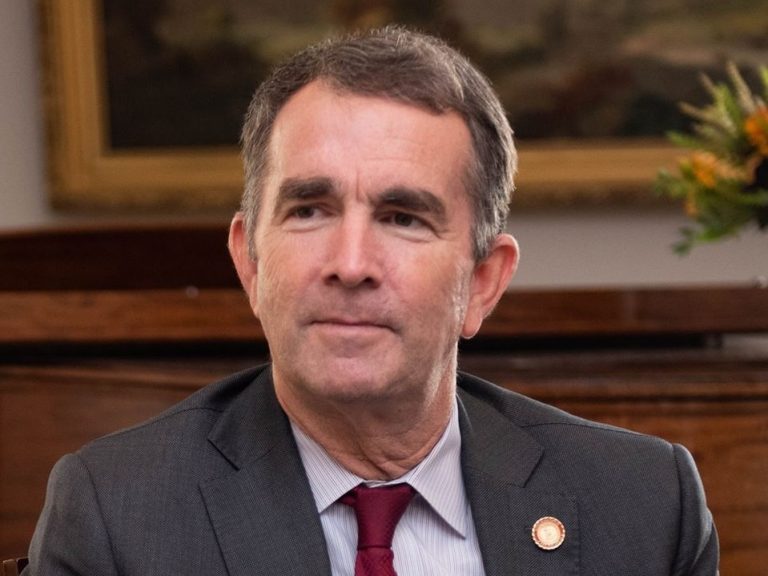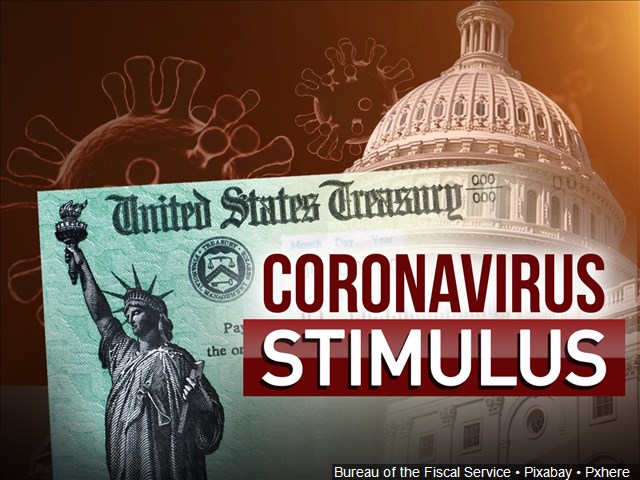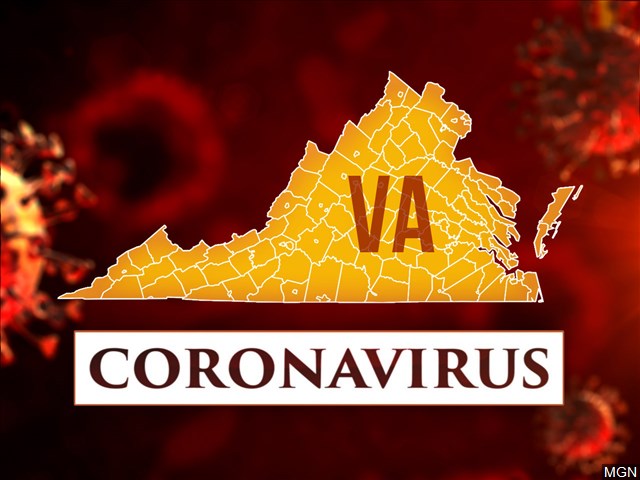VIRGINIA BEACH, Va. (AP) — Gov. Ralph Northam has repeatedly urged Virginia residents to cover their faces...
State and National Government
RICHMOND, Va. (AP) — Virginia’s unemployment rate shot up into the double digits in April due to...
One of Virginia’s Democratic US Senators says it is time to provide financial relief to state and...
The latest pandemic relief bill that’s heading to the Senate is being called a “grab bag of...
The latest statewide poll of almost 600 Virginia likely voters conducted by Roanoke College shows former Vice...
Virginia’s DMV will start reopening some of its offices Monday – nine of them around the state,...
Governor Northam says Virginia is now prepared to handle any increases in COVID-19 cases that might now...
Governor Northam says he is working with local officials in northern Virginia to consider different reopening timetables...
The multi-billion dollar packages authorized by Congress as the economy ground almost to a halt with COVID-19...
While those wanting to reopen the economy NOW protested by honking car horns in the streets outside...
Governor Northam says he expects to present guidelines Friday to businesses planning to resume operations when he...
According to data released this morning by VDH, there are 764 new confirmed and probable cases of...
Barring an unforeseen circumstance Virginia’s retail economy will start its comeback with Phase 1 of a three-part...
RICHMOND, Va, (AP) — Virginia Gov. Ralph Northam said he anticipates nonessential businesses in the state reopening...
VDH is reporting more than 800 new coronavirus cases statewide bringing the overall case count to more...

